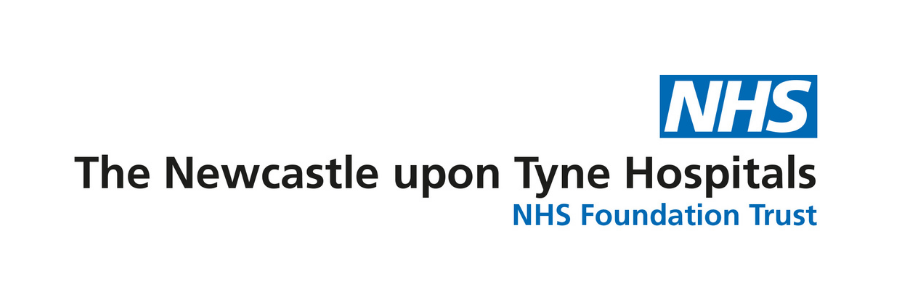 Hepatology Assistantin317 01 Freeman Hospitalin317 01 Freeman Hospital
Hepatology Assistantin317 01 Freeman Hospitalin317 01 Freeman HospitalPUBLISHED FRI 8 NOV 2024
The Newcastle Upon Tyne Hospitals NHS Foundation Trust is offering an exciting opportunity to recruit a Band 3 Hepatology Assistant to join our expanding and evolving team. This is a full time post (37.5 hrs) which is worked over 5 days Monday to Friday. There will be a requirement for the successful candidate to additionally deliver fibroscan clinics in a variety of settings: undertake ward visits across Hospital sites, in Outpatient Department, within our partner agencies in Drug and Alcohol Services and GP Practices within our Operational Delivery Network. Fibro scans are a non-invasive investigation which measures liver fibrosis and full training will be provided.
Full training will be provided to the successful candidate, however previous experience working within a healthcare setting is essential. The post holder will participate as a valued member of the Gastro-Hepatology team, assisting with specific duties and taking responsibility for managing a delegated workload within the service under nursing supervision. You should be self-motivated, reliable, and well organised with excellent communication and interpersonal skills best suited to the dynamic pace of our service.
Fixed term: 12 months
- Interview Date: 04 December 2024
- You will be redirected to Trac to apply for the vacancy. Please expand the job details section and read all of the information before applying for the vacancy.
NO AGENCIES PLEASE
The post holder can demonstrate their experience with appropriate qualifications. You need to be able to work efficiently and methodically with good attention to detail without direct supervision. The post holder should be flexible to the needs of the service with a positive and proactive attitude.
Car driver and access to a car is essential.
The ideal candidate for the role will possess the following or be willing to undertake the relevant training.
About us
To support the Nursing team in preparing clinics: telephone patients to confirm attendance, text patients their appointments, liaise with outreach clinics to confirm patients are still registered and liaising with Out- Patient Pharmacy for medication collection and fielding patient telephone queries.
To utilise and document patient information within the e Record computer system and various databases within our team.
Order regular stock items for the team.
To support the team with outreach events, this can involve the collection of Dry blood spot samples and full training will be given.
To fibro scanning patients that are referred by members of the multi-disciplinary team both locally and Regionally and results are e mailed back to the referrer or uploaded onto e Record.
Ability to provide fibro scans adopting standard protocols and in line with Trust policies and operational guidelines.
Ability to Ensure that equipment is prepared adequately prior to the procedure and to carry out fibro scans in a safe environment responsible for assisting with the maintenance of the Fibroscan machine including calibration as per manufacturers safety guidelines.
Communicate effectively with patients and family members, ensuring the fibroscan procedure is explained fully, any questions are answered, and verbal consent is obtained. To ensure that any fibroscan results if outside normal limits are communicated to and followed up with the referring Doctor or Nurse so they can implement an appropriate management plan
To contribute to the quality assurance process departmentally and undertake audit and quality improvement as required.
To be responsible for fibro scanning patients referred by members of the multi-disciplinary team and internal and external Hepatology Services. To ensure fibroscan result is e mailed or uploaded onto patient e Record system.
Job Purpose
- To perform dried blood spot sampling, venepuncture blood collection as requested by medical/nursing staff.
- To ensure blood samples are labelled correctly in line with Trust recommendations
- To be responsible for fibro scanning patients referred by members of the multidisciplinary team and internal and external Hepatology Services.
- To abide by Trust policies and procedures
- Maintain patients privacy and dignity at all times
- Maintain patient and carer confidentiality at all times and in all situations.
- Be an effective part of the multi-disciplinary team contributing to the departmental objectives.
Please note it is a requirement of The Newcastle upon Tyne Hospitals NHS Foundation Trust that all successful candidates who require a DBS for the post they have been offered pay for their DBS certificate. The method of payment is a salary deduction from your first months pay.
As a flexible working friendly organisation, we want to be sure that you can work in a way that is best for us and for our patients, and for you. Speak to us about how we might be able to accommodate a flexible working arrangement. If it works for the service, we will do our best to make it work for you.


Stand by, we'll show you...